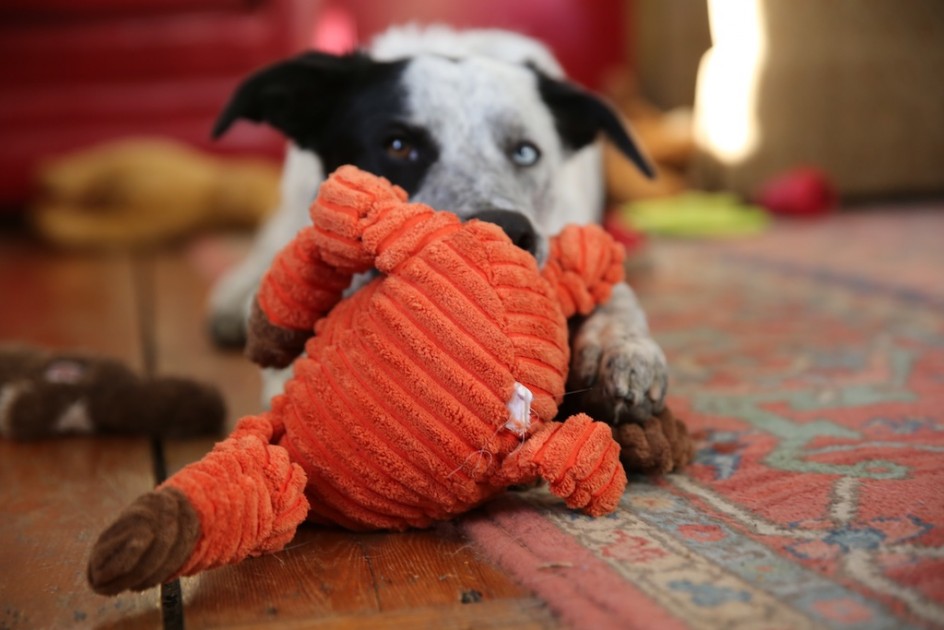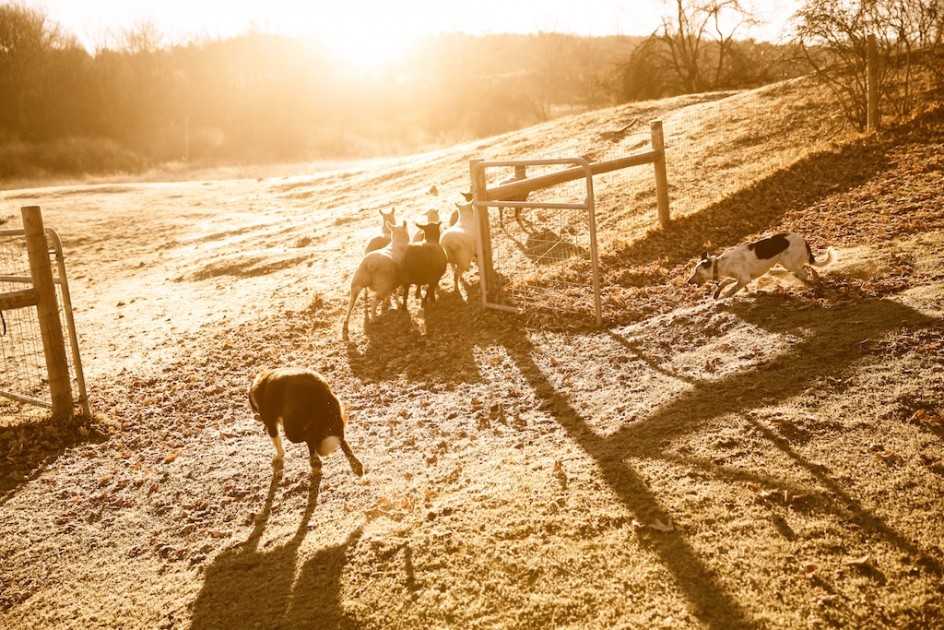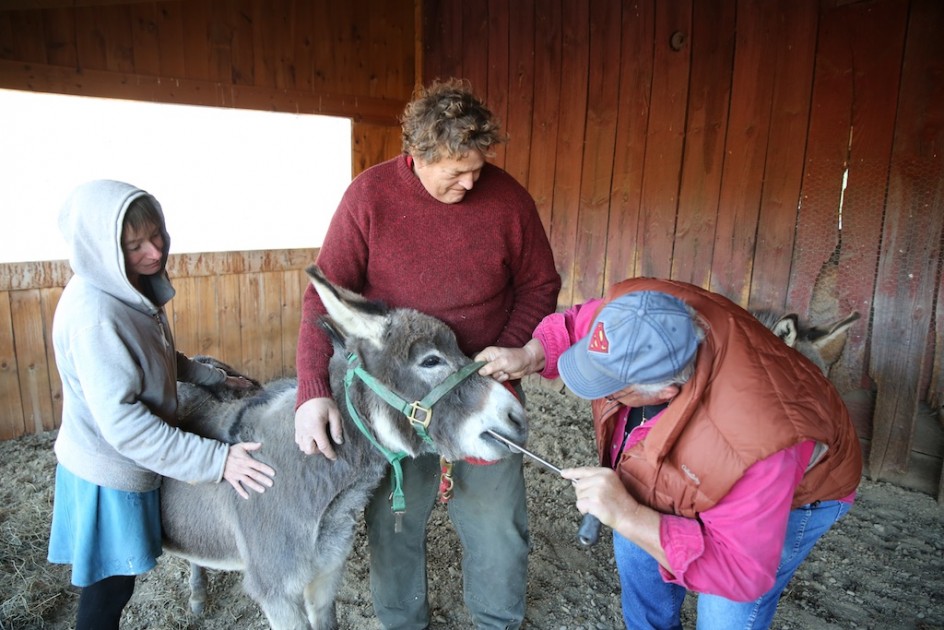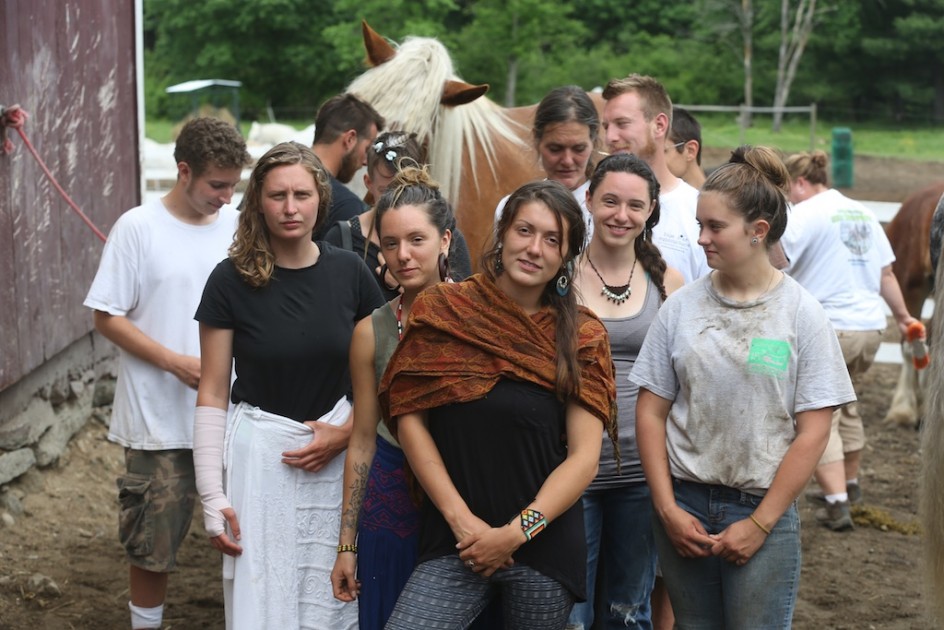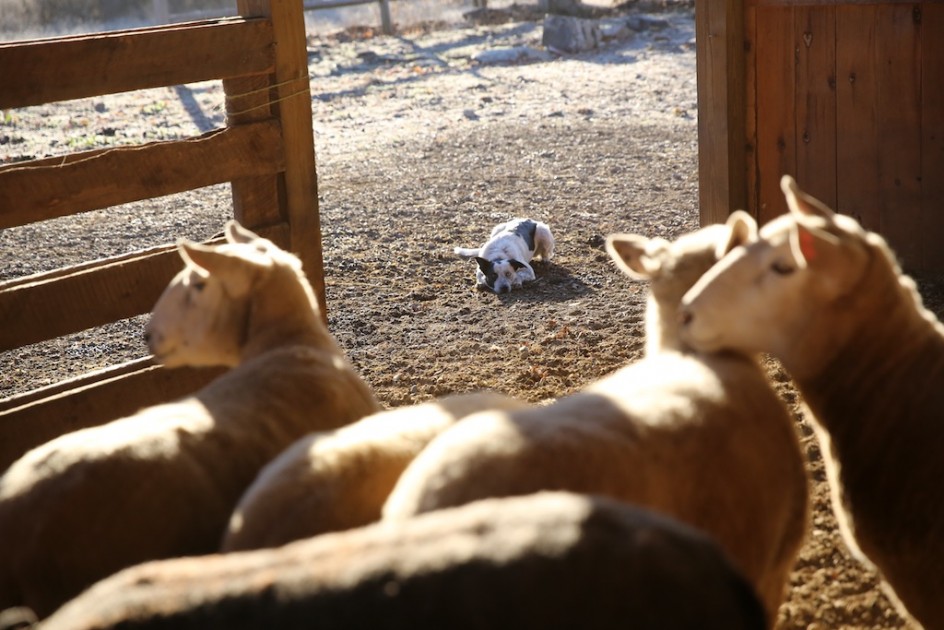
“We are the hollow men,
We are the stuffed men
Leaning together,
Headpiece filled with straw. Alas!
– The Hollow Man, T.S. Eliot
Thomas Merton wrote that despair is the absolute extreme of self-love. Despair is a state reached when a person deliberately turns their back on all help from anyone or any thing in in order to feel lost and be lost. At some point in our lives, we will all confront the choice – awaken and seek out the truth about ourselves, or run away in denial and fear and close the door to self-awareness. To be what T.S. Eliot called The Hollow Men.
I think despair lives in everyone, it has certainly lived in me. Many of us carry the pride that vegetates and grows and spring weeds, it grows the garden of self pity. We speak poorly of our lives, we believe our own gifts and resources have failed us, we feel abandoned by other people, we fall into discouragement, and then, despair.
Despair then, is the complete absence of hope. As a mood, it passes, it sweeps over all of us. As a final destination it is dark and crippling. Despair, said Merton, is the natural development of a pride so great and so stiff-necked that it refuses to search for happiness, see it anywhere, work for it or accept it. Despair is an arrogant thing, then, a rejection both of divinity and life.
But a man who is truly humble cannot despair, says Merton, because in the humble man there is no longer any such thing as self-pity.
Merton is one of many theologians who believe that it is almost impossible to overestimate the true value of humility and its power to shape the spiritual life. The beginning of humility is the beginning of peace and grace, it is the foundation of joy. Faith and humility are inseparable, humility is where the spiritual life begins, it is the pathway to self-awareness.
It seems I could only learn when I understood how little I know, I could only listen when I learned not to talk, I could only change when I turned away from labels and arguments and stood in the shoes of others. The monks always spoke of perfect humility, when all selfishness disappears and your soul no longer lives only for yourself, but for your idea of God, or for others that you might know and love.
I am not a monk or a person of conventional faith. I think humility began for me – it is a long road – when I realized that everyone in the world has it harder than me, is in more pain, suffers more than I do. I can’t know if this is or is not literally true, but I do know that the idea altered my perspective on the world. Before that, I was drowning in my own suffering, I couldn’t really see the pain in others.
Merton helped me to see that despair is a disease of the self-important, an illness of the ego. Humility is about holding a modest view of one’s life and one’s own importance. People often mention that I am a New York Times Bestseller, it is well-meaning and I appreciate it, but I usually cringe when I hear it. It is not important. In the general scheme of things, neither and I, and i don’t speak with false modesty. I am very fond of the things I write.
It was a very liberating realization to see myself in a modest way. Seeing oneself in grandiose and self-absorbed terms – seeking fame, wealth and the big score – is the quickest way I know to despair. Humility is the quickest way to peace of mind and happiness. Everyone has it worse than I do.
If you post a message on Facebook saying your dog died, and you are sad, you will almost instantly see a hundred messages from people saying that their dog died too, and they are sad. They can’t grasp your suffering, and you aren’t looking for theirs. We have all lost our dogs or soon will. It is something that connects us, not divides us.
The message for me is not resentment – why are they telling me about their dogs when mine just died? – but comprehension and compassion. We all travel the the same paths in life, we all suffer the joys and travail of life, our parents will die, our friends will suffer, our dogs will die, we will die. We are all reflections of one another. As much as some seek to divide us, we are all connected, us and the animals, we are all one thing. No living thing suffers anything that other living things will not suffer.
Despair comes from feeling sorry for ourselves, for forgetting that suffering is a part of life, everyone who is alive knows of it or will soon. Yet we seem to lose awareness of this, we think sorrow and loss are all our own. That is a despairing feeling. If I can’t be humble, then I can’t know joy, because only humility could push aside the narcissism and selfishness that makes joy impossible. The more humble I feel, the more joy, the more pleasure, the more love.
I don’t need to be falsely modest, I don’t need to be disturbed by praise, as I have often been, or to need it, as I often have. Praise and hatred do not belong to me, they belong to others. Merton was correct, I believe. Humility makes despair impossible.

